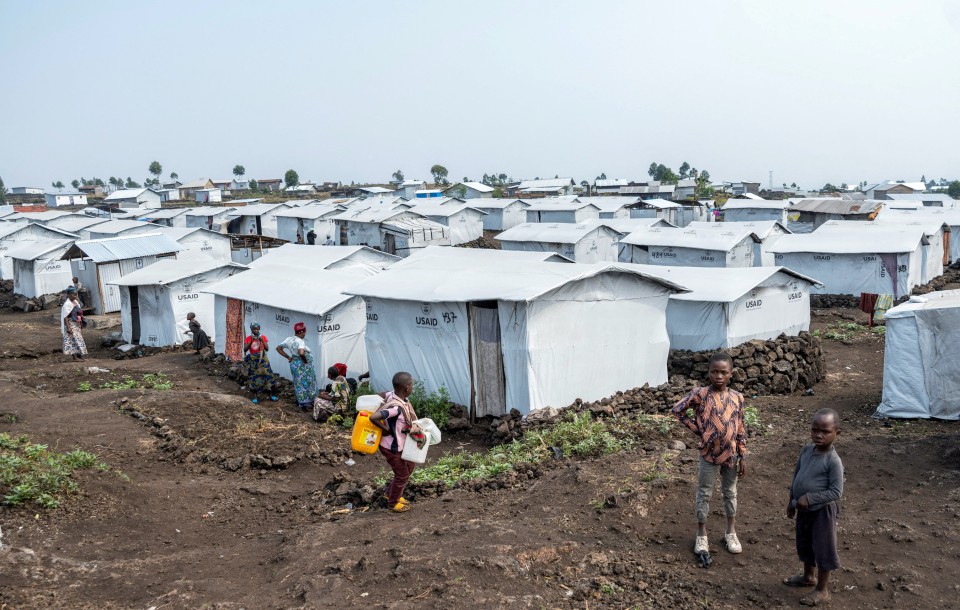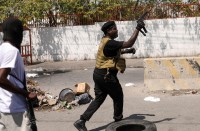
By Anait Miridzhanian
DAKAR (Reuters) –The Democratic Republic of Congo (DRC) and other African countries could start vaccinating against mpox within days, Africa’s top public health agency said on Tuesday.
The Africa Centres for Disease Control and Prevention (Africa CDC) has been working with countries experiencing mpox outbreaks on logistics and communication strategies to roll out vaccine doses that are due to arrive following pledges by the European Union, vaccine maker Bavarian Nordic, the United States and Japan.
The World Health Organization last week declared mpox a global public health emergency for the second time in two years as a new variant of the disease spread rapidly in Africa.
“We didn’t start vaccinations yet. We’ll start in a few days, if we are sure that everything is in place. End of next week vaccines will start to arrive in DRC and other countries,” Africa CDC Director General Jean Kaseya told a briefing.
“We need to make sure that the supply chain management, the logistics are ready…to ensure that this vaccine will be safely stored and can be safely administered to people who need them.”
He said studies on the efficacy of different vaccines would continue in Africa while shots are being administered, so countries better understand which shots are appropriate in their context.
African states reported more than 1,400 additional mpox cases over the past week, taking the total number of cases in the 12 African countries where mpox has been detected to almost 19,000 since the start of the 2024, an Africa CDC presentation showed.
Cases are up more than 100% on the same period last year, and Kaseya said it was too early to say mpox outbreaks on the continent were improving.
Mpox, a viral infection that causes pus-filled lesions and flu-like symptoms, is usually mild but can kill. More than one strain is spreading simultaneously in Africa.
Kaseya said African countries wanted solidarity, rather than being treated unfairly like during the COVID-19 pandemic.
“I clearly request our partners to stop thinking about travel bans against Africans, that one will bring us back on the unfair treatment that we had during the COVID time,” he said.
“Solidarity means we need you to provide appropriate support in terms of medical counter-measures,” he added, saying African countries needed help increasing their testing rate as well as accessing vaccines.
(Reporting by Anait MiridzhanianWriting by Alexander WinningEditing by Mark Heinrich and Angus MacSwan)








